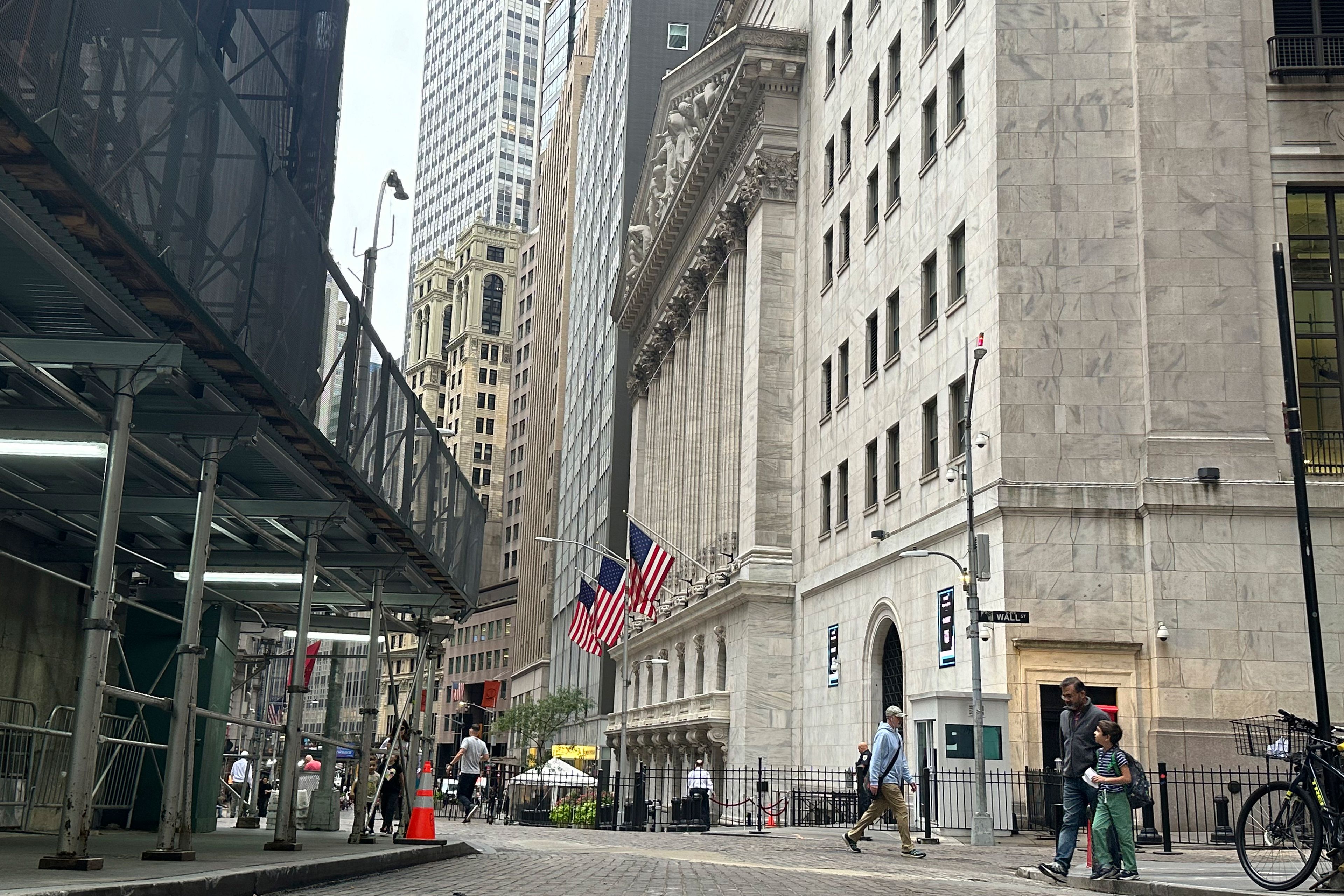Some 2.3 million adolescents play a role in America's workforce, according to the National Institute for Occupational Safety and Health. Most can be found working retail and food service jobs, a mutually beneficial relationship that gives teenagers their first crack at independence and provides business with a steady employment pool.
Cape Girardeau Schnucks store manager Dennis Marchi begins hiring baggers at age 16.
"For a lot of them, it's their first job. I feel that they try harder to please because they've never had that responsibility before," he says.
Marchi feels they have a sense of independence because the teen no longer worries about asking their parents for money. "I think that contributes to their work ethic," he says.
He admits retail isn't for everyone, but hiring teens has more positive features than negative. Some teens start as baggers, become checkers and clerks, then move on to management.
"What we try to do is hire them at 16. They finish up high school and a lot of them go to Southeast for college. You'll have them five or six years. That's the up side to it," Marchi explains. "It's a good process."
In a way, employing young workers does save Marchi some money as far as dishing out paychecks, but the main reason he hires younger workers is to establish a solid workforce. Those who go away to school often come back to town over holidays and during the summer and work at the store, he says.
Kevin Groves, store manager at Country Mart in Jackson, also employs a number of teenage cashiers and stockers, usually between the ages of 16 and 18. "Lots of them need their first jobs and the majority of people over 18 are looking for something different," he says. "It gives us flexibility."
Though he says one drawback is that the younger workers can sometimes be unreliable. Groves says when he was in school, there wasn't a large selection of jobs and if you had one, you kept it and worked hard. "And nowadays if a party pops up, they want to call in," he says of some employees. "It creates a headache for everybody else that's here."
Sometimes his workers are tempted to work elsewhere by a higher paycheck. "Lot of times, it's influenced by money. Some place at the mall offers them 10 cents more an hour, but they don't think about the gas money they're spending by just driving to and from work. Or they expect 30 hours and get only 17. I've had several return and ask for their job back," Groves explains. He'll usually give it to them if they left on good terms and were a good worker.
It easier for Groves to make the work schedule when he has a large number of young workers who are willing to work the shorter shifts. He points out that people in their early twenties want full-time hours or maybe have a child to take care of in the evenings. His teen employees are available to work weekends, evenings and day shifts during the summer. Groves occasionally has to work around sporting events, but for the most part, their schedules are clear.
Like Marchi, he also has some high school graduates who go away to college but come back to work on holidays or breaks. "I have one of those right now. He goes to Rolla and when he's going to be back in town, he calls" and asks to be put on the schedule, says Groves.
Another avenue teen workers follow takes them into the fast food industry. When Wayne Wallingford first started working as the chief people officer for the 11 McDonald's in Southeast Missouri, the employee turnover was 267 percent. Over the past 18 months, he has worked to slow the revolving door of workers to 99 percent.
"Fast food is an industry for high turnover," he says. "Some stores get into what I call a 'death spiral.'" Meaning, suddenly a store is short on workers and management starts hiring anyone who walks in the door. That's not the best way to find good workers, he explains. "When the turnover is high, productivity is down."
McDonald's starts hiring teens at age 16. At the entry level position the teens aren't always paid the higher salaries so it helps keep costs low, but it's a two way street, says Wallingford, who will be with the company two years in August. He stresses that the skills teens learn from McDonald's are necessary in whatever career they may choose and that McDonald's offers a long-term career path for those who may want it.
So why has the turnover rate significantly decreased?
McDonald's now does an assessment when hiring workers. It includes a questionnaire focusing on what makes a person a successful worker. Including teen-tailored questions such as "what would your teacher say about you?" and "Are you a timely person?"
The next step is an interview, which Wallingford says is the most important part of the hiring process. If the teen shows up with an untidy appearance or avoids eyes contact, it gives you an indication of the type of worker they might be.
Though once hired, Wallingford is sure to present them with a thorough understanding of McDonald's standards and expectations. He treats each new employee "like they're going to be the next president of the company" in hopes of making them feel part of a McDonald's family. When they are given a proper background and training we're able to maintain quality of service across the U.S., he says.
And while stereotyping might clump youngsters in the careless category, Wallingford says there are very few, if any, cases of injury. Often times it is more experienced workers who might burn themselves or trip and fall because they have become complacent in their duties. "We have good workers at all levels," he says.
Connect with the Southeast Missourian Newsroom:
For corrections to this story or other insights for the editor, click here. To submit a letter to the editor, click here. To learn about the Southeast Missourian’s AI Policy, click here.








